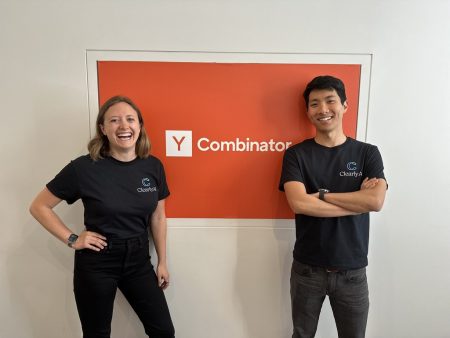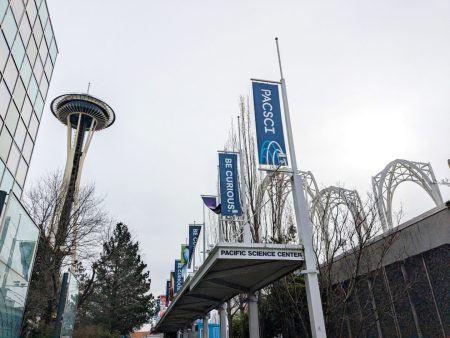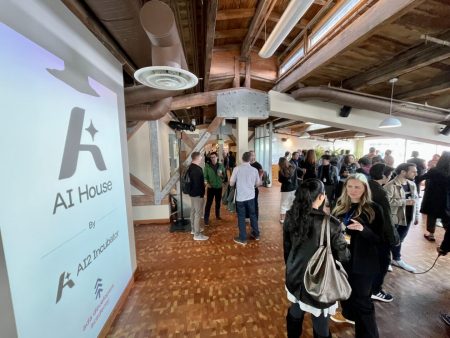Microsoft Strengthens AI Team with Former Google DeepMind Leader Dave Citron
In the ever-evolving landscape of artificial intelligence, the competition for top talent has reached new heights as tech giants vie for leadership in this transformative field. Microsoft recently scored a significant win in this talent war by welcoming Dave Citron, a former senior director of product at Google DeepMind, as a corporate vice president in their AI group. This high-profile move represents more than just a single hire; it symbolizes Microsoft’s ambitious strategy to build a world-class AI team capable of turning cutting-edge research into practical, widely-used products. Citron, a University of Washington computer science graduate from 2005, is no stranger to Microsoft, having previously spent nearly a decade with the company before his tenure at Google. His return to Microsoft in this elevated role speaks to both his exceptional capabilities and Microsoft’s compelling vision for the future of AI.
Citron’s enthusiasm for his new role is palpable. In his LinkedIn announcement, he expressed being “energized by Microsoft AI’s pace, principles, and product craft,” suggesting that Microsoft’s approach to artificial intelligence development aligns with his own professional values and goals. His stated focus reveals much about Microsoft’s AI strategy: “turn breakthrough models into products people trust and love.” This mission statement emphasizes the human-centered approach Microsoft is taking, prioritizing user experience, real-world applications, responsible design, and safety alongside cutting-edge technological capabilities. This holistic vision—pairing advanced AI capabilities with thoughtful implementation—is precisely what differentiates merely impressive research from truly transformative products that can gain widespread adoption and trust.
What makes Citron’s move particularly noteworthy is that it’s part of a larger pattern of talent migration to Microsoft, especially from Google’s prestigious DeepMind AI research lab. Under the leadership of Mustafa Suleyman, Microsoft’s AI chief and himself a co-founder of DeepMind, the company has reportedly recruited approximately 24 leaders and other employees from Google in recent months. This strategic talent acquisition includes other high-profile additions such as longtime Google leaders Amar Subramanya and Adam Sadovsky, who also joined Microsoft as corporate vice presidents this summer. These targeted hires from one of the world’s leading AI research organizations demonstrate Microsoft’s commitment to building not just a competitive AI team, but potentially a dominant one.
The aggressive recruitment efforts extend beyond Google, with reports indicating Microsoft is also pursuing AI talent from Meta and other competitors. These talent acquisitions are being facilitated through generous compensation packages, reverse “acqui-hires” (where companies effectively hire entire teams rather than just individuals), and promises of a startup-like atmosphere within Microsoft’s AI division. Suleyman appears to be leveraging his entrepreneurial background to create an environment that appeals to innovative thinkers who might otherwise be drawn to smaller, more nimble organizations. This strategy addresses one of the traditional challenges large corporations face in attracting cutting-edge talent: the perception of bureaucracy and slower innovation cycles compared to startups.
Microsoft’s intensive focus on AI talent acquisition reflects the high stakes in today’s technological landscape. As AI transitions from primarily research-focused endeavors to practical applications that can transform industries and everyday experiences, companies that can successfully bridge the gap between theoretical advances and user-friendly products stand to gain enormous competitive advantages. Microsoft’s significant investments in OpenAI (the creator of ChatGPT) and its integration of AI capabilities across its product suite demonstrate its commitment to leading this transition. By assembling a team of proven AI leaders from various backgrounds, Microsoft is positioning itself to accelerate the development and deployment of AI solutions that can address real-world challenges while maintaining ethical standards and user trust.
The broader implications of this talent movement extend beyond corporate competition. As companies like Microsoft and Google assemble teams of the world’s top AI researchers and product leaders, the pace of innovation in artificial intelligence is likely to accelerate. This acceleration could lead to breakthroughs in areas ranging from healthcare and education to climate science and business productivity. However, it also underscores the importance of responsible AI development practices, as these concentrated groups of experts will have tremendous influence over how AI technologies are designed, deployed, and governed. Microsoft’s emphasis on building products that people “trust” suggests an awareness of this responsibility. As Citron and his colleagues work to advance Microsoft’s AI capabilities, their success will be measured not just by technological achievements, but by how effectively they create AI systems that enhance human potential while addressing legitimate concerns about safety, privacy, and ethical use.















